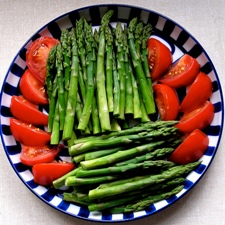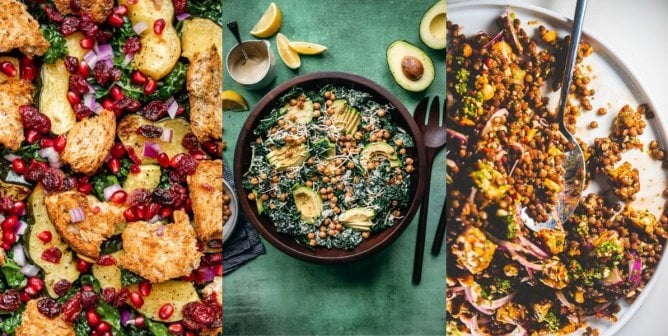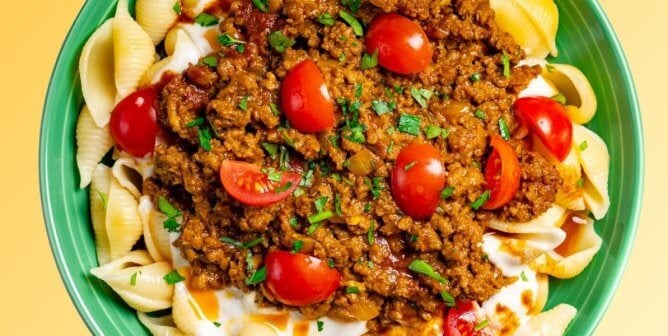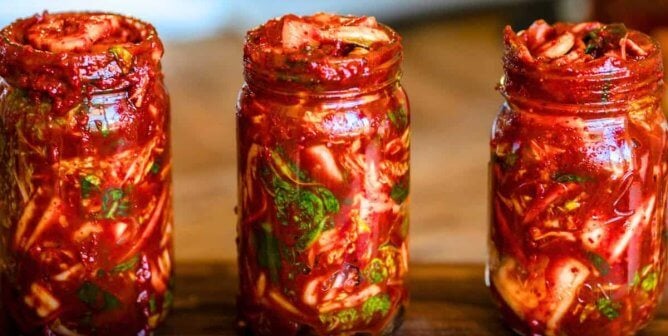The following article was written by Carissa Leventis-Cox of Mama in the Kitchen, and she ain’t cookin’!
I was vegetarian in high school and college because I learned that a plant-based diet was better for my health and for the planet. But on a vegetarian diet, I was sluggish and gained at least 20 pounds in my first semester of college. Even my own mother didn’t recognize me at the airport when she came to pick me up for Christmas break. I confess that most of the food I ate was highly processed vegetarian food—not whole foods. The convenience factor just won me over. But the thing is, it usually requires work on our part to get something really worth anything, and nutrition is no exception.
Consider this: When a fruit or vegetable is five days old, it will contain only 40 percent of the nutrients it had when it was freshly picked. How about processed foods with long shelf lives? Although we call them “food,” processed foods are not readily recognized by the body, and our white blood cells will actually go into attack mode as soon as they enter our system. They create toxins and cause degenerative diseases. Moreover, processed foods require more energy and more packing material, and they create more waste.
What’s more is that 75 percent of all processed foods contain genetically modified ingredients (GMO)—even foods labeled organic! According to the Non-GMO Project, GMOs “can be toxic, allergenic or less nutritious than their natural counterparts, can disrupt the ecosystem, damage vulnerable wild plant and animal populations and harm biodiversity, increase chemical inputs (pesticides, herbicides) over the long term, deliver yields that are no better, and often worse, than conventional crops, cause or exacerbate a range of social and economic problems, are laboratory-made and, once released, harmful GMOs cannot be recalled from the environment.” Studies have also shown that processed foods are contributing to our children’s emotional and health disorders. Recently, processed foods have been shown to adversely affect our children’s intelligence.
And yet, processed foods are still everywhere: in health food stores, in our kitchens, in restaurants, in cafeterias at our children’s schools …. We have allowed our culture to treasure many processed foods, starting with breakfast in the morning. We cherish them because they remind us of our childhood. We unevenly reward ourselves and our children for being good with foods full of empty calories and zero nutrients that may negatively impact our and their future health. Is this right? Instead, why don’t we un-process our food for our health, for our children’s health, and for the health of the planet. We can add more fresh fruits and vegetables to our diet, rely less on processed foods, and make as much of our food from scratch as we can. It’s that simple.
Text VEG to 73822 to get the latest vegan lifestyle tips, recipes, and urgent action alerts texted right to your phone.
Terms for automated texts/calls from PETA: https://peta.vg/txt. Text STOP to end, HELP for more info. Msg/data rates may apply. U.S. only.







